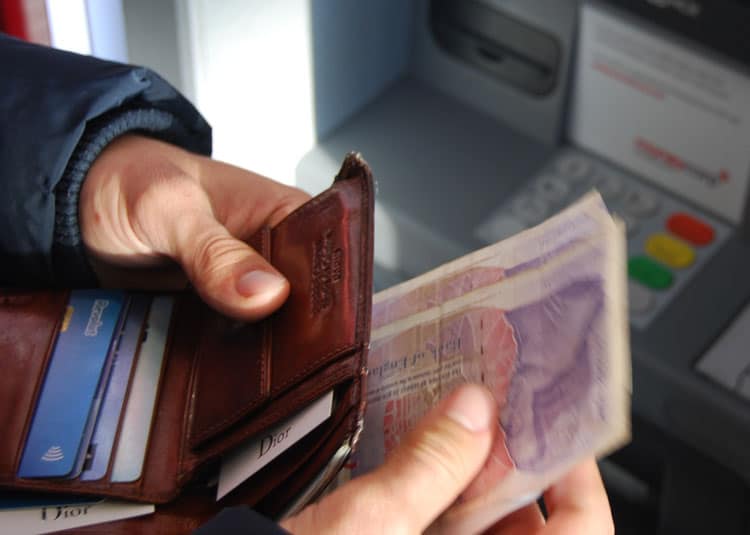
Knowing how to increase your credit score is really important factor in your financial life & it will reflect poorly on you if it is low.
Not only will a poor credit score flag you as a bad payer, but you will struggle to get approved for additional credit or personal loans.
The following steps will show you how to increase your credit score.
Get Your FREE Clear Score Credit Check Today!
Click Here To Get It Now »
5 Steps To Increase Your Credit Score
1. What Is a Good Credit Score?
The first step is to determine not only what your current credit score is, but also what is a good credit score.
So head on over to Experian to get your free credit report as, by law, you’re allowed one free credit report per year and here are 5 reasons why you should do a free credit score check.
Credit scores range between 0 and 999 but most lenders use FICO scores which is between 300 and 850.
So if your credit score is 700 or above you’re considered to be a good payer & of high credit worthiness. Above 800 and you’re considered to be in excellent financial shape. You’ll therefore be able to get credit at low interest rates.
In contrast, less than 300 & you’ll need to increase your credit score to demonstrate that you won’t be a risky debt.
If there are any inaccuracies on your credit report you should address them immediately with the credit bureau as they could be harming your score.
This will also alert you to identity theft.
2. Pay Your Bills On Time
I know this sounds like an obvious one, but late payments will flag you as an unreliable payer.
Lenders will view your past payment history as a good indication of your future payment performance.
This is an important credit scoring factor and to improve it, become disciplined in paying the full amount on time every time.
On the other hand, paying late or paying less than the full amount, will harm your credit score.
3. Pay Off Credit Card Debt
Keep your credit card balances low & don’t max them out.
The credit utilisation ratio can impact dramatically on your credit score.
This ratio is determined by dividing your total credit card balances at any given time by your total credit limit.
So if your credit card balance is R2,000, for example, and your credit card limit is R10,000, your utilisation ratio would be 20%.
Ratios of 30% or less would be seen as favourable so, in other words, don’t use more than 30% of your available credit.
Too much debt will be a red flag to lenders, so take a look at how you can pay off your debt by overcoming these obstacles.
4. Apply For New Credit Accounts
I’m sure you’ve heard often enough that consumers without credit can’t get credit.
Therefore, it follows that you need credit to get credit.
What this really means is that the length of your credit history will affect your score as creditors judge your creditworthiness on your credit history.
So the older credit age, the more creditors will not only trust you, but they’ll want to attract you as a debtor by offering you favourable interest rates.
5. Beware Of Making Too Many Credit Enquiries
Diversifying your credit isn’t a bad idea, however making too many credit enquiries may be a bad indicator to your creditors.
You shouldn’t be penalised for “shopping around” for the best interest rates & terms, but if you’ve been attempting to get credit from various lenders it could count against you.
Moreover, too many simultaneous credit enquiries could indicate that there’s been a significant change in your personal financial situation.
Furthermore, applying for credit triggers a hard inquiry on your credit report & too many hard inquiries can negatively impact your credit score.
In Conclusion
If your credit score is damaging your financial standing, you’re not the only one.
However, increasing your credit score will take time, but the sooner you address the issues & take action, the quicker your credit score will improve.
Therefore, if you start managing your debt and learning how to save money you’ll soon get your credit score back over 300.
